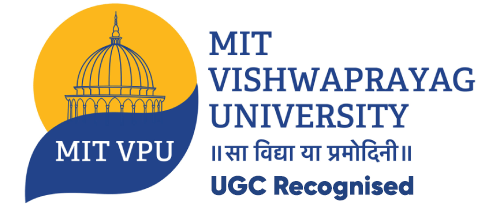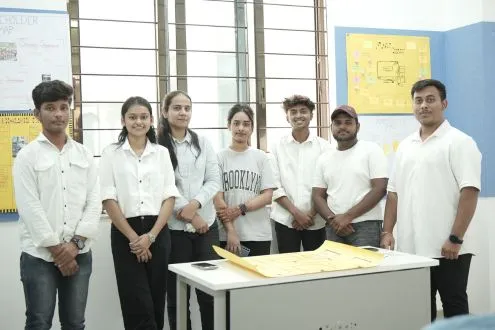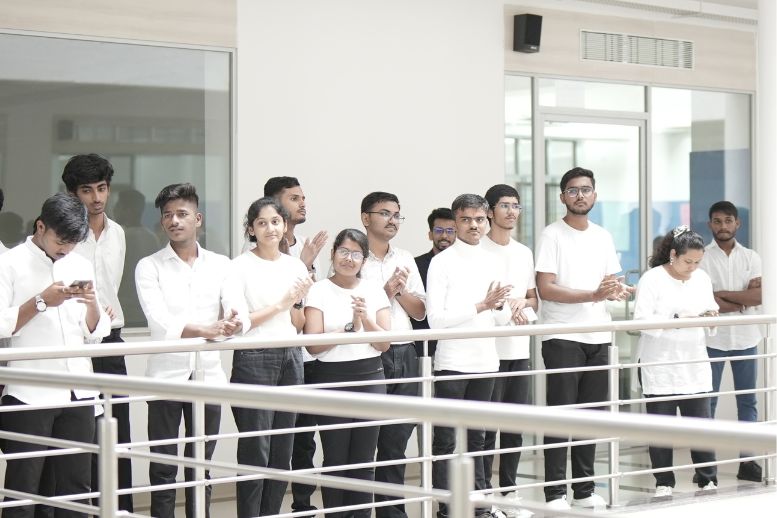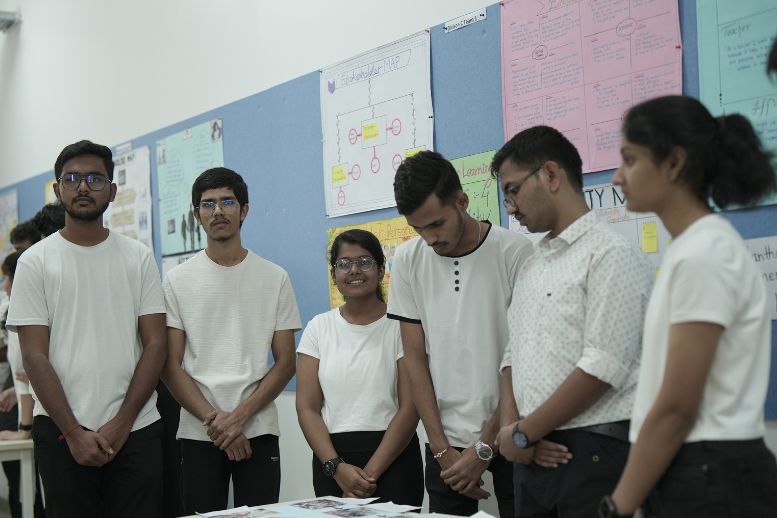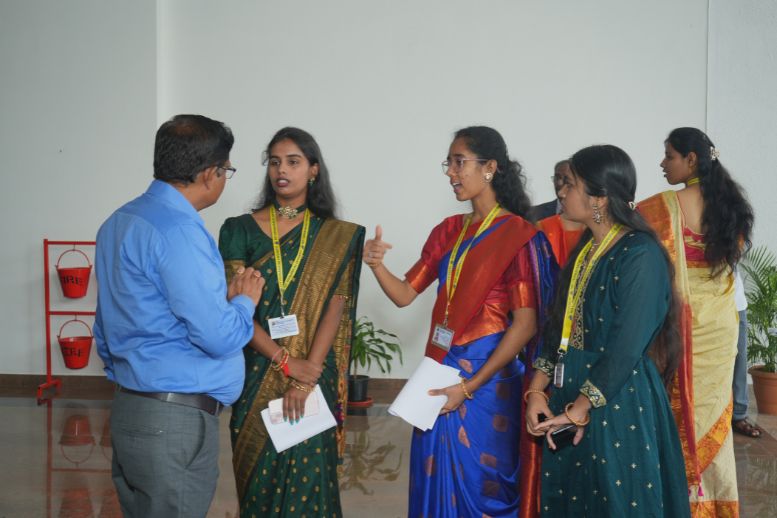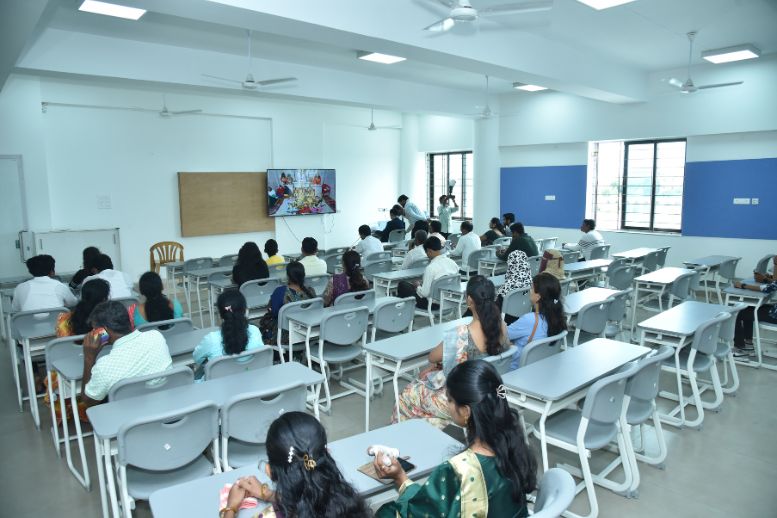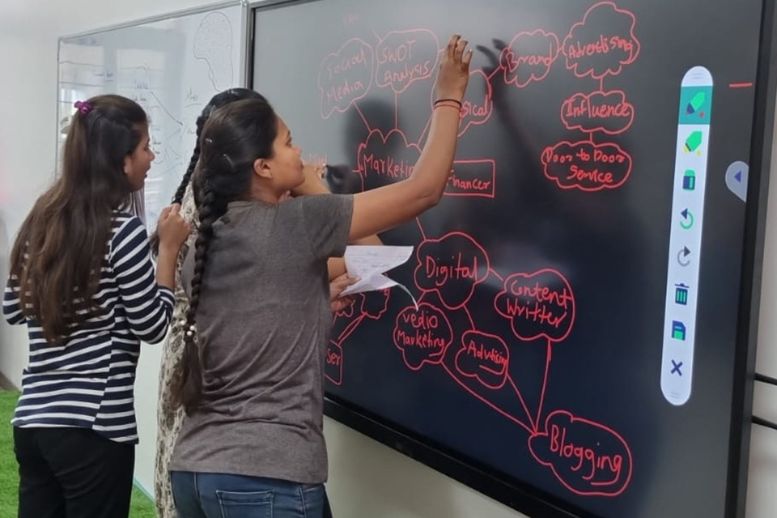
Home » Why Project-Based Learning Is Essential for Modern Learners?
Why Project-Based Learning Is Essential for Modern Learners?
Methods
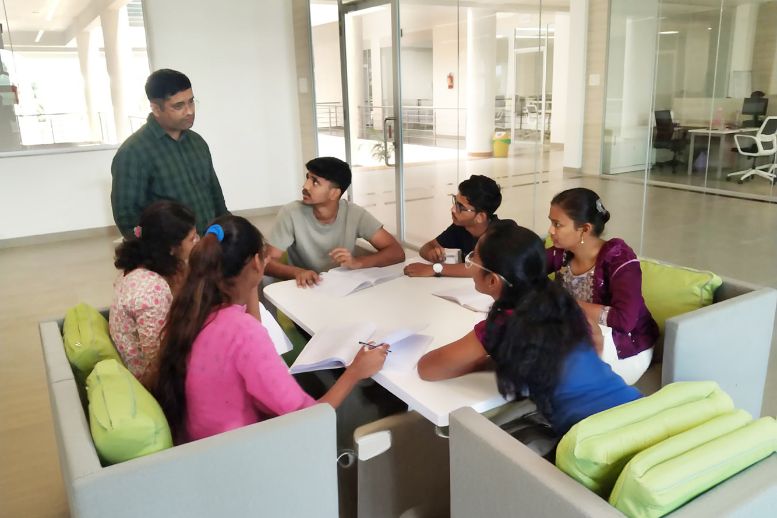
Conventional teaching-learning practices encourage learners to prove their academic understanding and intelligence by simply memorizing information and reproducing it during exams. While these techniques were relevant years ago, today they are insufficient in preparing students for dynamic job roles, evolving industry needs, and multidisciplinary professions.
To develop future-relevant, real-world skills, students must be able to solve complex problems and be adept at research, time management, critical thinking, creative ideation, teamwork, and more. These competencies are critical for excelling not only in academics but also professionally. This is where Project-Based Learning (PBL) comes in.
Project-based learning is a well-rounded and practical approach that combines hands-on experience with academic concepts. It helps students develop critical thinking, innovation, and teamwork skills needed to build successful careers.
Building 21st-Century Skills
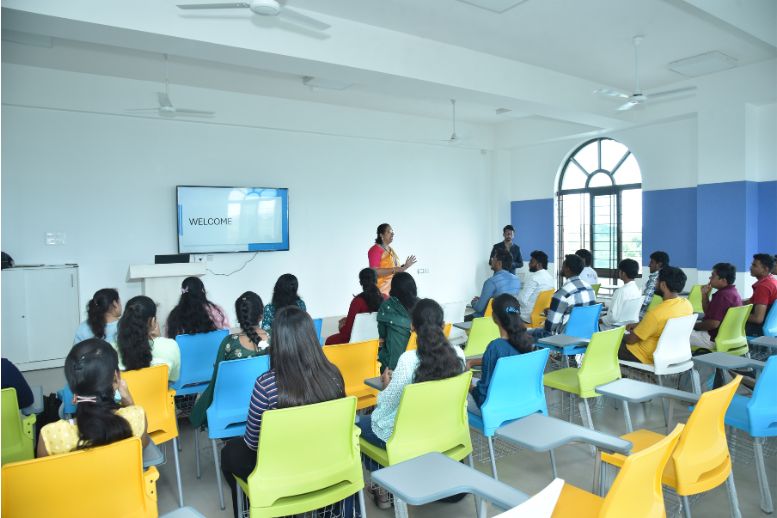
Unlike conventional classroom learning combined with textbooks, lectures, and structured learning, project-based learning focuses on active problem-solving as against passive learning. Instead of a one-way transfer of information by a teacher, problems are presented in front of students as real-world challenges they need to solve and find solutions for. It encourages critical thinking, collaboration, and independent research among the learners which encourages them to take charge of their learning, apply knowledge to find solutions and understand the subject on a deeper level.
Becoming Independent Thinkers

Project-based learning encourages students to stay curious and nurtures independent thinking. Regardless of whether they are creating software for environmental monitoring, or using technology to solve social issues, learners will be able to look beyond the textbook and find solutions for problems that exist in the real world. This not only promotes ongoing learning but also prepares them for greater challenges ahead, creating a solid foundation for life.
Developing An Entrepreneurial Mindset

While the conventional education systems would make students sit down and passively soak up information through one-way communication, active learning lets students embrace the subject matter through discussions, debates, and joyful, engaging activities. This approach to teaching not only enhances the student’s understanding of the material but also boosts his or her critical thinking.
Project-Based Learning

Several leading institutes in our country work towards building entrepreneurial skills through project-based learning. While undertaking these projects of their choice, students are made to work in ecosystems similar to start-ups. Here, the goal is to brainstorm ideas, pitch solutions and refine them based on feedback. Gaining this hands-on experience from time to time not only prepares students for successful career paths but also encourages them to think creatively, innovate confidently, and build their ventures from level one.
Boosting Career Prospects

Employers today value graduates who can contribute from day one. To enhance employability, top B.Tech colleges in India and leading universities are integrating project-based learning into their curriculums to provide students with essential practical experience.
Moreover, working on real-world projects often gives students a work portfolio to showcase during placements, offering them a competitive edge.
Sustaining a Collaborative Learning Culture

Unlike rote learning, which places students in isolation, project-based learning is all about collaboration. The best institutes in India encourage teamwork by giving group assignments to students from different disciplines wherein students work as a multidisciplinary team. Such collaboration translates into workplace scenarios and prepares students to work across groups.
Project-based learning is not merely an educational trend anymore; it has become a need. It offers joyful learning experiences with the infusion of real-world problems and equips students with knowledge, skills, and confidence in practice at work.
Whether you are considering the best university in Maharashtra, the top Btech colleges in India, or the best colleges for computer science in India, look for institutions like MIT Vishwaprayag University that prioritize project-based learning. After all, education isn’t just about passing exams; it’s about preparing for life beyond the classroom in a joyful and vibrant learning ecosystem.
Invest in the future by choosing the right institution—where project-based learning is not just encouraged but celebrated.
Connect Us
MIT Vishwaprayag University , Solapur-Pune highway, Kegaon Solapur, Maharashtra, India - 413255
Copyrights ©2024-25 MIT VISHWAPRAYAG UNIVERSITY. All rights reserved.
